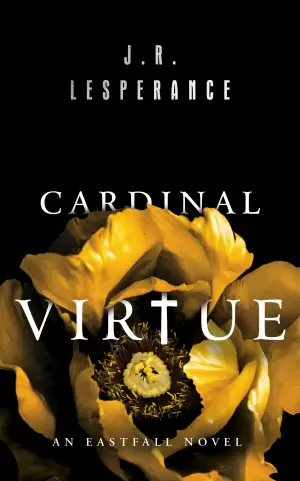Blog Post: Finding the Beauty in ‘Must Love Flowers’
Oh, how I’ve longed for a Debbie Macomber book to wrap myself in! With her unique brand of light, uplifting storytelling, I’ve spent many cozy afternoons lost in her worlds. So, naturally, when I heard about her newest release, Must Love Flowers, my heart skipped a beat. The promise of a sweet narrative about healing and connection in the wake of profound life changes was just the balm I thought I needed.
Must Love Flowers introduces us to Joan, a character whose journey resonated with me on many levels. After becoming an empty-nester and experiencing the loss of her husband right before the pandemic, she finds herself in a self-imposed isolation—a reality many of us can relate to during those long, uncertain months. It was inspiring to see Joan take charge of her life, deciding to spruce up her surroundings and allow new people into her world as a means of rekindling joy. The heartwarming concept of transformation and second chances is a recurring theme in Macomber’s work, and seeing Joan navigate this was undoubtedly a bright spot.
However, while the premise felt promising, the execution left me feeling a bit… conflicted. Joan’s interactions with others, especially her border, Maggie, were unsettling at times. I found myself wishing for a deeper exploration of her relationships, rather than a somewhat superficial resolution. Joan’s son, who is portrayed as a rather angry figure, contributed to the book’s tension, but not in a way that enhanced the story. Instead, his character came across as immature, making it challenging to connect with the family dynamics present.
The writing style, which typically flows effortlessly, felt a tad uneven this time around. While Macomber excels at crafting cozy atmospheres, the pacing here was inconsistent, with moments that dragged while others rushed too quickly toward conclusions. Sure, there were moments of genuine sweetness and serendipitous encounters, highlighting Macomber’s talent for creating uplifting scenarios. Yet, some resolutions were too neatly tied, almost as if the characters had taken a shortcut to happiness.
In those sweet moments, I was reminded of Macomber’s knack for hopeful storytelling, and while I can appreciate her intent, it felt somewhat overshadowed by issues I couldn’t help but notice. The charm of her previous works, where the characters felt rather nuanced, seemed a bit absent here.
Overall, Must Love Flowers has its delightful segments, and I can see it resonating with readers who enjoy simple tales of personal growth without delving too deeply into heavy topics. While I had my reservations, I suspect those who navigate similar life stages might find comfort within Joan’s journey.
For me, though, it was a bittersweet experience. I entered wanting to love every moment, just as I have with Macomber’s past novels, but left feeling a bit let down. Still, I cherish the joy of diving into a new book, and I look forward to the next offering from this beloved author, hoping for that magical connection once again.















